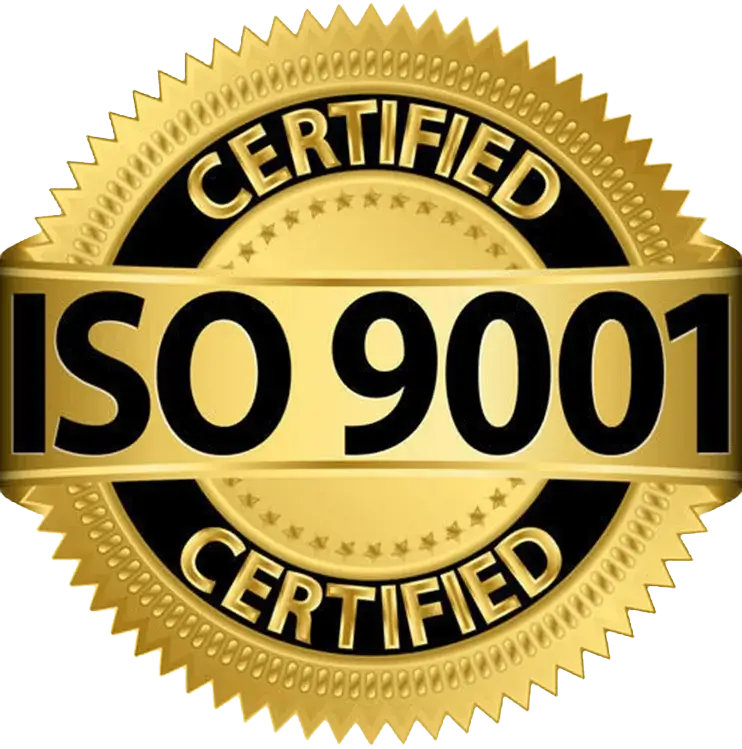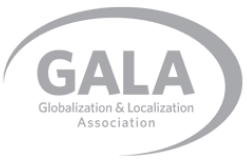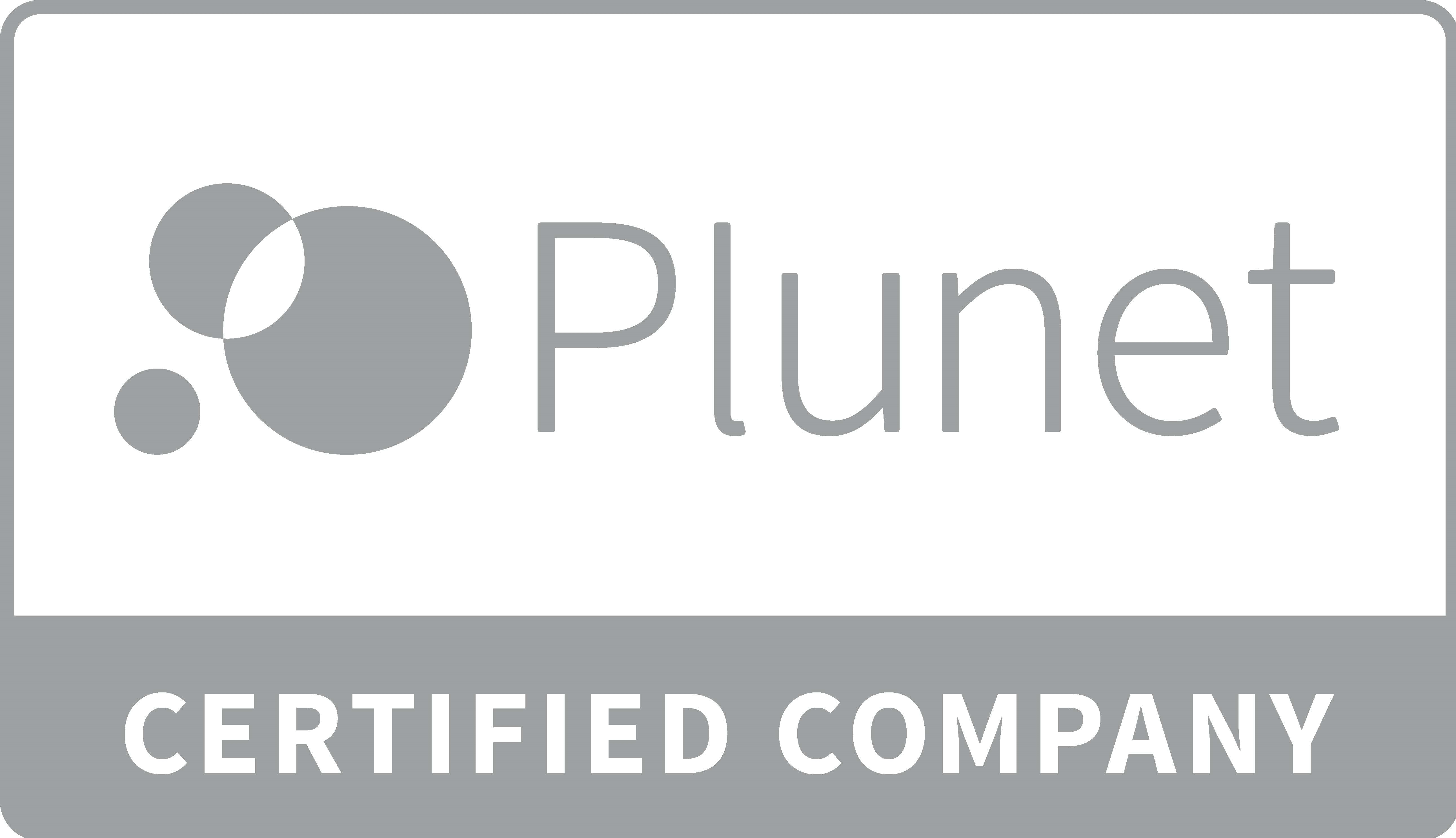Technical translation refers to the specialized translation of documents created by technical writers, such as user manuals and owner’s guides. It involves translating texts related to technological subjects or practical applications of scientific and technological information. While technical texts often contain specialized terminology, the presence of specialized terminology alone does not classify a text as “technical,” as various disciplines possess their own specialized terms.
Technical translation encompasses a wide range of specialized texts and requires a deep understanding of the subject matter, mastery of relevant terminology, and adherence to specific writing conventions. Consistent terminology is crucial in technical translation, particularly in areas like patents, where precision is essential. The formulaic and repetitive nature of technical writing makes computer-assisted translation using translation memories and terminology databases highly suitable. Additionally, technical translation can benefit from research in technical communication, usability, and cognitive psychology.
In addition to making technical jargon accessible to a broader audience, technical translation involves linguistic aspects of translating technological texts from one language to another. Translation as a whole is a combination of art and science influenced by both theory and practice. Technical translation requires knowledge of both linguistic and aesthetic features of translation, making it a specialized field.
To summarize, technical translation involves the translation of scientific and technical materials using specialized knowledge and terminology. It plays a vital role in ensuring accurate and effective communication in various domains, such as patents, user manuals, CAD drawings, and software localization. Technical translation requires expertise, and choosing an ISO 17100-certified language service partner can ensure high-quality translations that meet industry standards. While AI can assist in the translation process, human translators with subject matter expertise remain crucial for accurate and reliable technical translations.
Technical translation plays a vital role in the operations of global businesses, enabling effective communication and seamless collaboration across language barriers. In today’s interconnected world, where companies operate on a global scale, technical translation ensures that information, documentation, and technical content can be accurately understood and utilized by individuals across different languages and cultures.
How technical translation is utilized in Global Businesses:
Global businesses engage in technical translation to facilitate various aspects of their operations, including product development, manufacturing, marketing, customer support, and regulatory compliance. Here are some key areas where technical translation is utilized:
1. Product Development and Manufacturing: Many companies design and manufacture products in different parts of the world. Technical translation allows them to seamlessly share specifications, blueprints, instructions, and other technical documents with their teams, suppliers, and manufacturers in different countries. Accurate translation ensures that everyone involved in the process understands the requirements, standards, and procedures involved in the development and production of the product.
2. Marketing and Advertising: When global businesses expand their reach into new markets, they need to adapt their marketing and advertising materials to resonate with the local audience. Technical translation plays a crucial role in translating product descriptions, user manuals, packaging labels, promotional materials, and websites. By accurately translating marketing content, businesses can effectively communicate the value proposition, features, and benefits of their products and services, ensuring they are appealing and relevant to the target audience.
3. Customer Support and Documentation: Providing excellent customer support is essential for global businesses. Technical translation enables companies to offer multilingual customer support by translating user manuals, troubleshooting guides, FAQs, and other support documentation. This ensures that customers from different linguistic backgrounds can understand how to use products, resolve issues, and get the most out of their purchases.
4. Compliance and Regulatory Requirements: Many industries are subject to specific regulations and standards that vary from country to country. Technical translation ensures that businesses can comply with these regulations by accurately translating legal documents, safety guidelines, quality standards, and compliance requirements. This helps companies navigate complex regulatory frameworks, ensuring that their products and operations meet local laws and regulations.
5. Training and Professional Development: Global businesses often provide training programs and professional development opportunities to their employees worldwide. Technical translation is essential for translating training materials, e-learning modules, instructional videos, and other resources. By providing training in employees’ native languages, businesses can ensure effective knowledge transfer, enhance employee productivity, and foster a culture of continuous learning.
In summary, technical translation is a critical tool utilized by global businesses to overcome language barriers and facilitate effective communication and collaboration. It enables companies to operate smoothly across different countries and cultures, ensuring that products are developed, marketed, and supported in a manner that is understandable and accessible to diverse audiences. By investing in accurate and high-quality technical translation services, businesses can enhance their global presence, improve customer satisfaction, and drive international growth.
Why is it important to have a good services provider for technical translations:
Having a reliable and competent provider for technical translation is crucial for global businesses. Here’s why it is important to choose a good provider and the problems that can arise from a poor technical translation:
1. Accuracy and Precision: Technical content often involves complex terminology, industry-specific jargon, and intricate concepts. A good provider of technical translation possesses subject-matter expertise and understands the nuances of the industry. They have the ability to accurately and precisely translate technical terms, ensuring that the meaning and intent of the original text are preserved. On the other hand, a poor technical translation can result in inaccurate or misleading information, leading to confusion, errors, and potential safety hazards.
2. Consistency and Terminology Management: Consistency is key when it comes to technical translation. A reputable provider ensures consistent terminology usage across all translated materials. They establish and maintain a comprehensive terminology database, ensuring that specific terms and phrases are consistently translated throughout all documents. This consistency helps maintain clarity and coherence across various technical documents, user manuals, and product descriptions. In contrast, a poor technical translation lacking consistency can cause confusion among users, affecting their understanding and overall user experience.
3. Cultural Adaptation: Technical translation is not just about converting words from one language to another; it also involves adapting the content to the target culture. A good provider understands the cultural nuances and adapts the translation to resonate with the local audience. This includes considering cultural references, idiomatic expressions, and social norms. By adapting the translation appropriately, a business can effectively engage with the target market. A poor technical translation that neglects cultural adaptation may result in content that feels unfamiliar or irrelevant to the audience, hindering the acceptance and adoption of products or services.
4. Clarity and Readability: Technical content can be complex and intricate, and it is essential that the translated material is clear, concise, and easily understandable. A good provider ensures that the translation is coherent, logical, and easy to comprehend, regardless of the technicality involved. They consider the target audience’s language proficiency and technical knowledge level, making necessary adjustments to facilitate comprehension. Conversely, a poor technical translation lacking clarity and readability can confuse readers, leading to frustration, misinterpretation, and potential misuse of products or services.
5. Timeliness and Reliability: Global businesses often work on tight schedules and require quick turnaround times for translations. A good provider understands the importance of timeliness and meets agreed-upon deadlines. They have efficient project management processes in place, ensuring smooth communication, prompt responses, and timely delivery of translated materials. On the other hand, a poor technical translation provider may cause delays, resulting in missed opportunities, disrupted workflows, and compromised business operations.
In summary, a good provider of technical translation offers accuracy, precision, consistency, cultural adaptation, clarity, and reliability. They understand the importance of delivering high-quality translations that meet industry standards and client requirements. Choosing a poor provider can lead to problems such as inaccuracies, inconsistencies, cultural misunderstandings, lack of clarity, and delayed delivery. To ensure successful global operations, it is essential for businesses to select a reputable and competent provider for technical translation services.
Netwire Global’s qualities in providing technical translation:
Expertise and Specialization: An excellent technical translation provider should have a team of highly skilled translators with expertise in the relevant industry. They should possess in-depth knowledge of technical terminology, industry-specific jargon, and the subject matter. Netwire Global is equipped with translators that are specialized in technical translation, ensuring that translators are well-versed in the specific requirements and complexities of technical content of each customer’s field.
Quality Assurance Processes: A reliable technical translation provider has stringent quality assurance processes in place. They should employ a combination of skilled translators, proofreaders, and editors to ensure accuracy, consistency, and adherence to industry standards. Netwire Global has a robust quality control measures in place to deliver high-quality translations consistently.
Terminology Management: Consistency in terminology usage is crucial for technical translations. A top-notch provider should have a comprehensive terminology management system to ensure consistent translation of specific terms and phrases across all documents. Netwire Global has the ability to establish and maintain a terminology database that aligns with the client’s requirements and preferences, this is achieved through Translation Memory, our customer’s Glossary and saved preferences from previously done projects.
Subject-Matter Expertise: Technical translations often involve complex and specialized subject matters. An excellent provider should have a team of translators who possess expertise in the relevant fields. They should be able to grasp the technical concepts, understand the context, and accurately convey the information in the target language. Netwire Global showcases a track record of working with subject-matter experts in various technical domains, in various languages.
Cultural Adaptation: Adapting technical content to the target culture is crucial for effective communication. A reputable provider should have a deep understanding of the target audience’s culture, language, and preferences. They should be able to adapt the translation appropriately to resonate with the local audience, considering cultural references and idiomatic expressions. Netwire Global demonstrates a strong commitment to cultural adaptation and localization by only employee top-notch translators that are native and currently living in the country of the target language, so they can be continuously in touch with the country’s ever-changing culture and most recent language trends and applications of the target language.
Timeliness and Reliability: Meeting deadlines is vital for global businesses. An excellent provider should have efficient project management processes in place to ensure timely delivery of translations. They should communicate effectively, provide accurate timelines, and promptly respond to inquiries. Netwire Global has a reputation for reliability, ensuring that we meet agreed-upon deadlines consistently.
Confidentiality and Data Security: Technical content often contains sensitive information. A trusted provider should have robust data security measures in place to protect client confidentiality. They should adhere to industry-standard security protocols and ensure that client data remains confidential throughout the translation process. Netwire Global prioritizes data security and confidentiality, our customer’s trust is our top priority.
At Netwire Global, we pride ourselves on being a leading provider of technical translation services. We understand the intricacies and importance of technical translation in various industries. Our team of highly skilled translators possesses the expertise and specialization required to handle technical content with precision and accuracy.
Quality assurance is at the forefront of our operations. We have established stringent quality control processes that involve skilled translators, proofreaders, and editors to ensure the highest standards of translation. Consistency and adherence to industry standards are paramount to us.
Terminology management is a crucial aspect of our approach. We have developed a comprehensive terminology database that aligns with our clients’ requirements and preferences. Consistent and accurate translation of technical terms is a priority for us, ensuring clarity and coherence across all translated documents.
Our team comprises subject-matter experts who are well-versed in various technical domains. This expertise enables us to grasp the intricate concepts and context of technical content, ensuring accurate and reliable translations that effectively convey the intended meaning.
Cultural adaptation plays a significant role in our translation services. We understand the importance of resonating with the target audience, considering cultural nuances, idiomatic expressions, and social norms. Our translators, who are native speakers living in the country of the target language, continuously stay in touch with the local culture, ensuring culturally relevant and impactful translations.
Timeliness and reliability are core values for us. We have implemented efficient project management processes to ensure timely delivery of translations. Effective communication, accurate timelines, and prompt responsiveness are integral to our workflow.
Data security and confidentiality are of utmost importance to us. We prioritize protecting our clients’ sensitive information and adhere to industry-standard security protocols throughout the translation process.
At Netwire Global, we strive to meet and exceed the requirements of an excellent technical translation provider. Our expertise, quality assurance, terminology management, subject-matter knowledge, cultural adaptation, timeliness, reliability, and commitment to data security make us a trusted choice for businesses in need of top-quality technical translation services.








